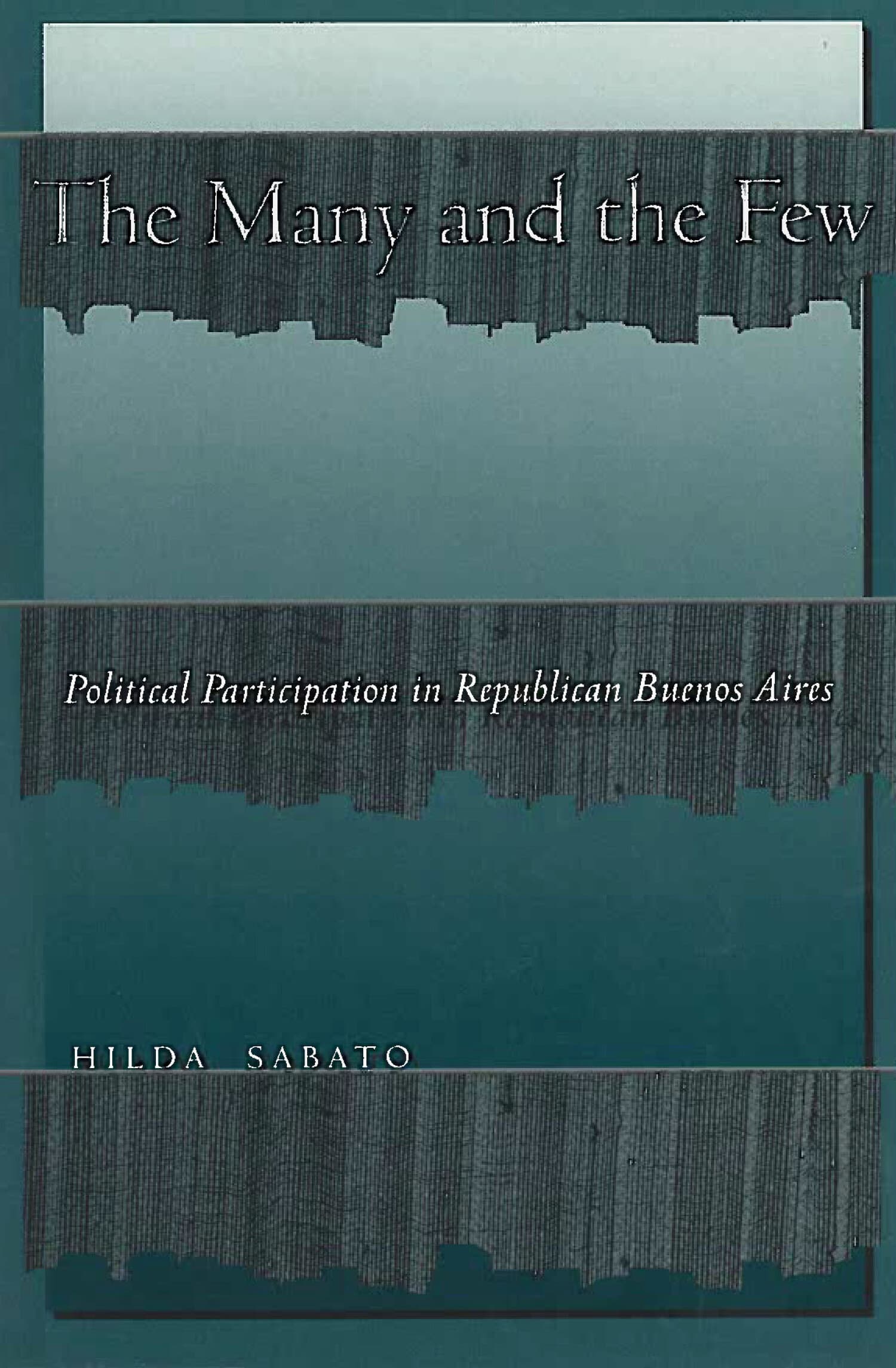The Unknowable in Early Modern Thought
Award Winner
2024: John Pickstone Prize
Longlisted for the 2024 John Pickstone Prize, sponsored by the British Society for the History of Science (BSHS).2024: Roland H. Bainton Book Prize
Winner of the 2024 Roland H. Bainton Book Prize, sponsored by the Sixteenth Century Society & Conference (SCSC).2024: John T. Shawcross Award
Winner of the 2024 John T. Shawcross Award, sponsored by the Milton Society of America.

Early modern thought was haunted by the unknowable character of the fallen world. The sometimes brilliant and sometimes baffling fusion of theological and scientific ideas in the era, as well as some of its greatest literature, responds to this sense that humans encountered only an incomplete reality.
Ranging from Paradise Lost to thinkers in and around the Royal Society and commentary on the Book of Job, The Unknowable in Early Modern Thought explores how the era of the scientific revolution was in part paralyzed by and in part energized by the paradox it encountered in thinking about the elusive nature of God and the unfathomable nature of the natural world. Looking at writers with scientific, literary and theological interests, from the shoemaker mystic, Jacob Boehme to John Milton, from Robert Boyle to Margaret Cavendish, and from Thomas Browne to the fiery prophet, Anna Trapnel, Kevin Killeen shows how seventeenth-century writings redeployed the rich resources of the ineffable and the apophatic—what cannot be said, except in negative terms—to think about natural philosophy and the enigmas of the natural world.
"Killeen corrects overly triumphant histories of science, where the new empiricism tames the old vitalism through reason, experiment, et cetera. This is an original book, eccentric in places, which is part of its charm, and full of stylistic flair."—Ryan J. Stark, Corban University
"This new book is quite extraordinary, which I highly recommend.... Unique is a word that can describe Killeen's book. Many writers of the past wrote entire books about matters that were unknowable. Why they even bothered is the question that immediately comes to mind. This book answers that question."—Cliff Cunningham, Sun News Austin
"For many decades now, literary critics and intellectual historians have traced the afterlife of medieval Catholic meditation in Protestant England. This fascinating new book aims to start the same conversation around another discipline generally associated with medieval Catholicism: apophatic theology."—Katie Calloway, H-Albion
"Kevin Killeen's The Unknowable in Early Modern Thought: Natural Philosophy and the Poetics of the Ineffable offers a rich study of the unknowable—and related ideas of the unfathomable, inexpressible, ineffable, and unthinkable—which served as a generative resource for a wide range of seventeenth-century thinkers."—Debapriya Sarkar, Modern Philology
"This book should come with a warning: read with care, as severe fits of dizziness and general existential disorientation may ensue. Dizziness, or vertigo (to use a recurring term in this book), indeed lies at the heart of Killeen's remarkably energetic foray into the intractable realms of the unknowable The strength of Killeen's argument is precisely that he allows the reader to remain grounded in solid scholarship and the comforting outlines of facts even as the vistas of the various chapters whirl the imagination into impossible conceptual and poetic mindscapes.... It is an important work of impressive scholarship and brilliant critical insight... the book's singular triumph, both as an important intellectual and cultural history and as first-rate literary criticism."—Noam Reisner, Milton Quarterly




